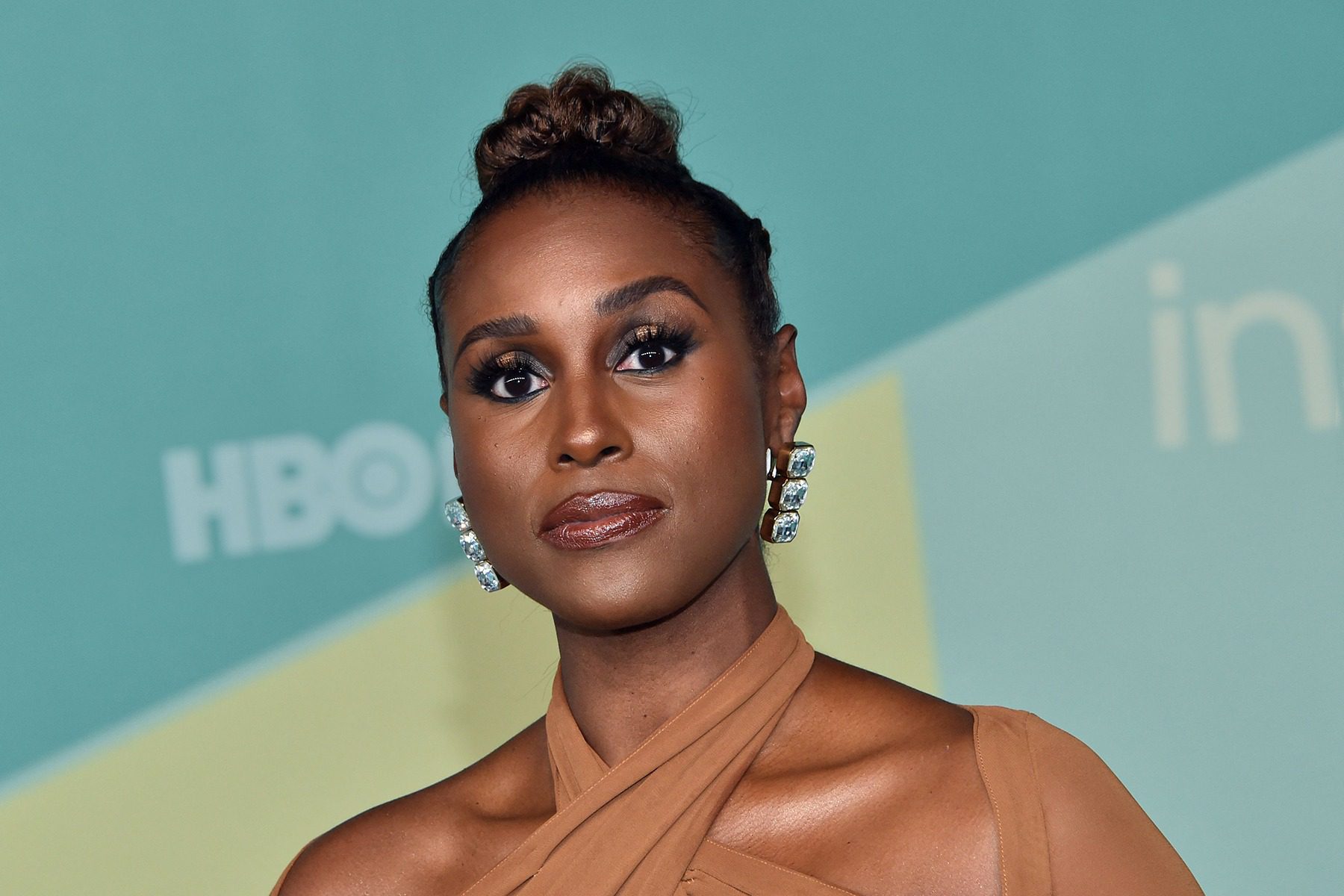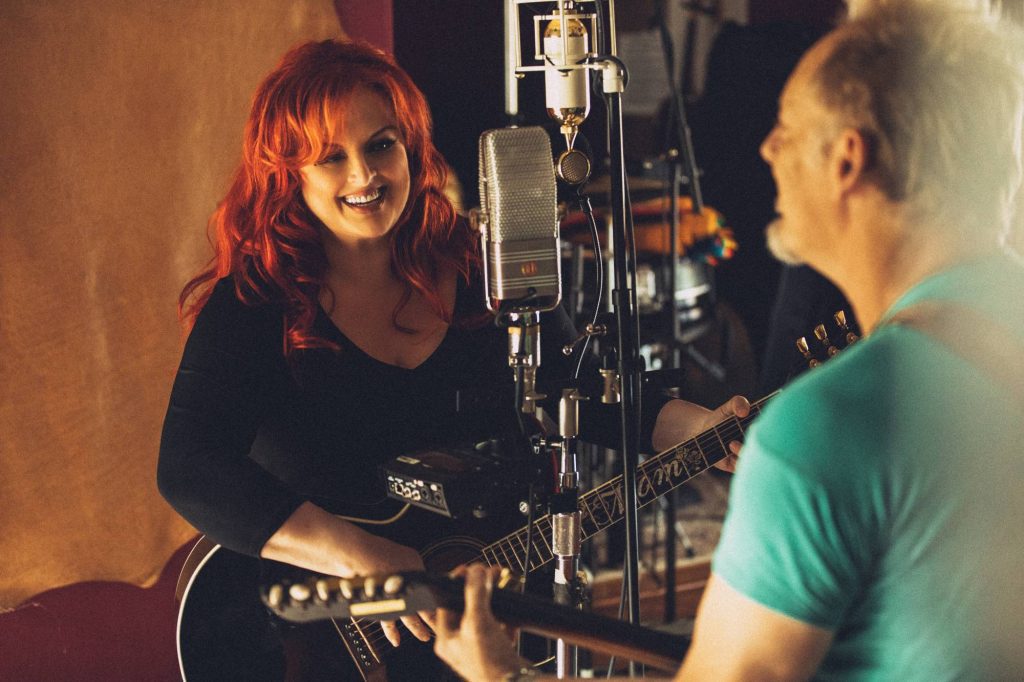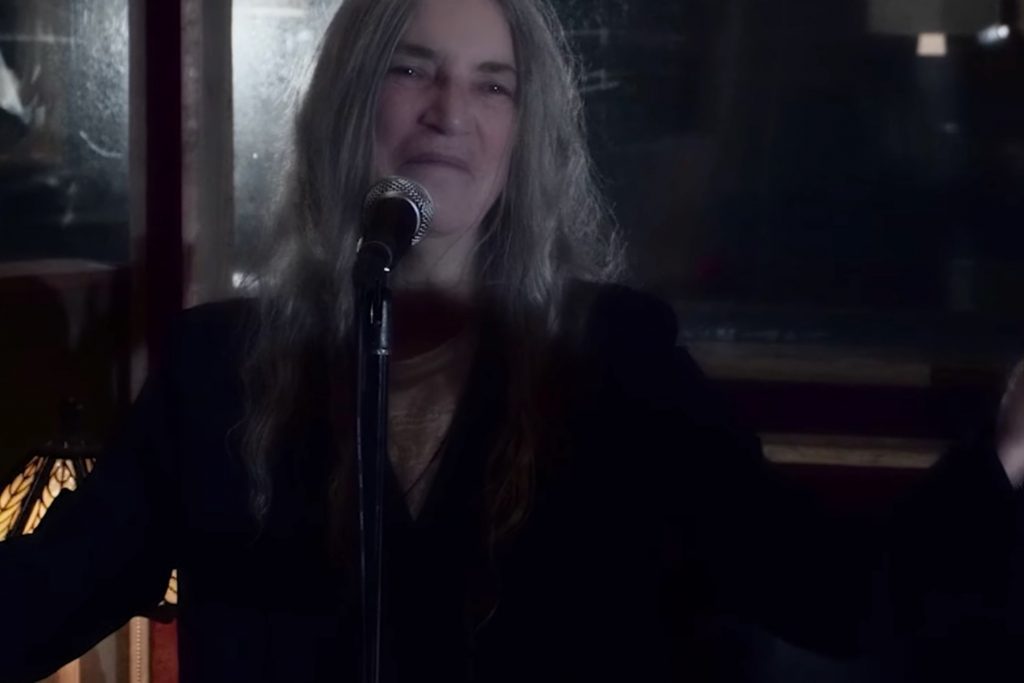
Issa Rae Hoped to Revamp ‘Abusive’ Music Biz, But Even She Couldn’t Escape ‘Shit’ Deals
At the end of last year, the music industry was on the receiving end of a double-barreled blast of recrimination from one of Hollywood’s most revered creators. Issa Rae was in the midst of a victory lap, celebrating the final season of her acclaimed HBO series Insecure, when she casually described the music business as “probably the worst industry” she has “ever come across.” Her critique, delivered during an interview with The Los Angeles Times, escalated with steady force, rising from “conflicts of interest abound” to more blunt condemnation: The music business was populated by “crooks and criminals!” “It’s an abusive industry,” she concluded.
Rae’s sideswipe represented one of the most cutting critiques of the music business since veteran journalist Jim DeRogatis summed it up as “soulless and immoral” in September. Rae went on to say she hoped “to revamp things” — an urgent need in a space that has been criticized for exploitative practices since its inception.
But the music industry’s methods are deeply entrenched. Artists still complain regularly about old-fashioned, lopsided recording contracts. And while TV soundtrack deals — a primary connection between Rae and the music industry — are a less common source of public grumbling, more than half a dozen managers and attorneys agree that contracts in this sphere are not typically artist-friendly.
blogherads.adq.push(function () {
blogherads
.defineSlot( ‘medrec’, ‘gpt-dsk-tab-article-inbody1-uid0’ )
.setTargeting( ‘pos’, [“mid-article”,”mid”,”in-article1″,”mid-article1″] )
.setSubAdUnitPath(“music//article//inbody1”)
.addSize([[300,250],[620,350],[2,2],[3,3],[2,4],[4,2],[640,250]])
;
});
For evidence, look no further than the soundtrack deals for Insecure: the show offers artists royalty rates as low as 12 percent, according to three people with knowledge of its contracts. This rate may be common for soundtracks, but it’s widely viewed as weighted against the artist. And at least one show on a different network provided an 18 percent royalty in a contract — better, but hardly stellar — according to one person who’s worked on multiple TV soundtrack deals. In several cases, the same sources said that an artist who lands an Insecure soundtrack placement doesn’t even take home the full royalty; he or she must give points to the song’s producer and mixer out of their share.
On top of that, people with knowledge of the Insecure deals said that acts often cede ownership of their soundtrack contribution — a longstanding feature of many contracts, but one that is detested by musicians. At a time when conversations about artists maintaining their rights have breached the mainstream, some shows have adjusted: At least one Netflix series offered artists 50 percent ownership of the master they placed on its soundtrack, according to a source close to the situation. A solid advance might take the sting out of having to cede rights, but the same sources noted that advances for the Insecure soundtrack could be in the low thousands. (All three people spoke on the condition of anonymity, due to fear of going against a beloved artist whose work they admire.)
“Historically, TV and film soundtrack deals have never been favorable to artists,” says one music attorney
It’s not clear the extent to which Rae controls the mechanics of her company’s deals — a representative for the star did not respond to requests for comment, nor did an A&R at Rae’s label, Raedio, or Insecure’s music supervisor.
In her interview with The Los Angeles Times, Rae acknowledged that “even in crafting our own deals [for soundtracks] with labels or artists, it would be so convoluted.” But, she added, “being a creator myself and knowing what I want in terms of a relationship with a production company or a producer, I’d like to think that we’re more artist-friendly than a lot of other labels and companies out there.”
Insecure has been widely and deservedly praised for giving a national platform to young Black artists, especially R&B singers and female rappers, who don’t always have an easy time finding exposure in today’s market. Speaking with The Los Angeles Times, Rae was particularly proud of the way her show’s musical selections helped “put sex scenes and Black lovemaking on the map in a new way.” And due to the show’s appointment-viewing status — it could dominate a week of conversations — participating in the soundtrack also lends the artist extra cultural cachet.
blogherads.adq.push(function () {
blogherads
.defineSlot( ‘medrec’, ‘gpt-dsk-tab-article-inbody2-uid1’ )
.setTargeting( ‘pos’, [“mid-article2″,”mid”,”in-article2″,”mid-article”] )
.setSubAdUnitPath(“music//article//inbody2”)
.addSize([[300,250],[300,251],[620,350],[2,4],[4,2],[3,3],[2,2]])
.setLazyLoadMultiplier(2)
;
});
These opportunities are undoubtedly valuable. But when speaking about soundtrack deals, artist advocates echo Rae’s description of the music industry writ large — describing most contracts in this area as “terrible,” or, as one manager puts it, “shit” for musicians.
“Historically, TV and film soundtrack deals have never been favorable to artists,” says Gandhar Savur, who runs the boutique music law firm Savur Law. “The industry standard royalty has always been 12 percent, which would be a pretty miserable royalty rate for an artist signing to a record deal. And usually the royalty is non-negotiable, because it is tied to the royalty that all other artists on the soundtrack are getting, and if they raised it for one artist, they’d have to raise it for everyone else.”
A soundtrack placement is “a tool to get noticed,” says one lawyer. “But I wouldn’t quit your day job.”
In addition, lawyers say artists still frequently give up the rights to their music for soundtracks, especially if a show helps fund a track’s creation. This behavior persists even though more artists are fighting to own their masters, and major labels are increasingly willing to offer licenses — where rights revert back to an act after a set period of time — as part of recording contracts.
Many in the music business speak of TV soundtracks as an exercise in sacrificing income for potential exposure, something that’s familiar to all aspiring creatives, regardless of their industry. A placement is “a tool to get noticed and develop a relationship with a music supervisor,” leading to more chances to get music into future shows, says another longtime music attorney who has negotiated TV soundtrack deals with major platforms. “But I wouldn’t quit your day job.”
“While the recording industry has opened up to more equitable paradigms,” the second music attorney adds, “the film and TV soundtrack industry is a little more mired in the old-school way of doing things.” As a result, progressive managers say that if a soundtrack deal still demands that artists forfeit a master, they fight for a higher fee and more equitable royalty to make the exchange worth it.
The lopsided nature of the contracts in the soundtrack space stems in part from the number of players involved. Record companies often bankroll what are known as joint ventures, or JVs — think of them as frontier outposts that find artists, bring them back to the mothership, and split any profits generated. (Raedio is a joint venture with Atlantic Records.) But savvy managers are wary of signing to JVs because there’s an additional mouth hungry for cash: The major label, the artist, and the JV itself.
blogherads.adq.push(function () {
blogherads
.defineSlot( ‘medrec’, ‘gpt-dsk-tab-inbodyX-uid2’ )
.setTargeting( ‘pos’, [“mid”,”mid-articleX”,”in-articleX”,”mid-article”] )
.setSubAdUnitPath(“music//article//inbodyX”)
.addSize([[300,250],[300,251],[3,3],[620,350],[2,2]])
.setLazyLoadMultiplier(2)
;
});
Similarly, a TV soundtrack introduces yet another party to the equation: The network. The entity that usually has the least leverage in the resulting negotiations? The artist.
In the days when CDs ruled, a soundtrack album might sell a lot of copies, so a 12 percent royalty could still result in substantial income for an artist. In 1996, for example, a slew of incredible R&B singers landed a spot on the Waiting to Exhale soundtrack, which went on to sell more than 7 million copies. “Once in a while, a soundtrack album really takes off, and in those situations, everybody wins,” says Savur, the music lawyer. “But unfortunately that has become a pretty rare occurrence.”
In two different ways: Million-sellers in the music industry are increasingly a thing of the past, as are actual physical soundtracks, especially for TV shows. “TV shows are not really doing traditional soundtrack albums as much as they used to,” Savur notes. “Mostly what you see these days are Spotify playlists.” And even when there is a physical release, the lawyer continues, “since most people are consuming music by streaming it, there really isn’t much difference between releasing a formal soundtrack album or just creating a playlist.”
Should the old compensation model apply for what amounts to a collection of songs on Spotify? On streaming platforms, the cost to the label of uploading the music is exponentially less than the cost of physical CD production.
That’s why a growing number of music industry reformers believe that artists should be entitled to something closer to 50 percent of their streaming income, rather than a paltry 12 percent. Some acts are starting to make the case themselves: Four Tet, a gifted producer and impressively open-eared DJ, is currently embroiled in a lawsuit with his old label, Domino Records, arguing that it is unfair for the company to apply an abysmal physical royalty — negotiated years before Spotify came into existence — to his recent streams.
Rae’s comments and Four Tet’s lawsuit are but more evidence that deals for artists are worse than they should be — and that revamping them is more necessary than ever.
blogherads.adq.push(function () {
blogherads
.defineSlot( ‘medrec’, ‘gpt-dsk-tab-inbodyX-uid3’ )
.setTargeting( ‘pos’, [“mid”,”mid-articleX”,”in-articleX”,”mid-article”] )
.setSubAdUnitPath(“music//article//inbodyX”)
.addSize([[300,250],[300,251],[3,3],[620,350],[2,2]])
.setLazyLoadMultiplier(2)
;
});




